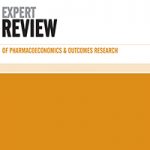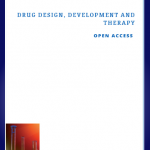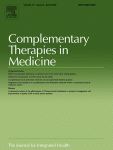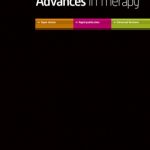Overview and quality assessment of health economic evaluations for homeopathic therapy: an updated systematic review

Introduction: Likewise other medical interventions, economic evaluations of homeopathy contribute to the evidence base of therapeutic concepts and are needed for socioeconomic decision-making. A 2013 review was updated and extended to gain a current overview. Methods: A systematic literature search of the terms ‘cost’ and ‘homeopathy’ from January 2012 to July 2022 was performed in electronic databases. Two independent reviewers checked records, extracted data, and assessed study quality using the Consensus on Health Economic Criteria (CHEC) list. Results: Six studies were added to 15 from the previous review. Synthesizing both health outcomes and costs showed homeopathic treatment being at least equally effective for less or similar costs than control in 14 of 21 studies. Three found improved outcomes at higher costs, two of which showed cost-effectiveness for homeopathy by incremental analysis. One found similar results and three similar outcomes at higher costs for homeopathy. CHEC values ranged between two and 16, with studies before 2009 having lower values (Mean ± SD: 6.7 ± 3.4) than newer studies (9.4 ± 4.3). Conclusion: Although results of the CHEC assessment show a positive chronological development, the favorable cost-effectiveness of homeopathic treatments seen in a small number of high-quality studies is undercut by too many examples of methodologically poor research.








Lascia un commento
Devi essere connesso per inviare un commento.